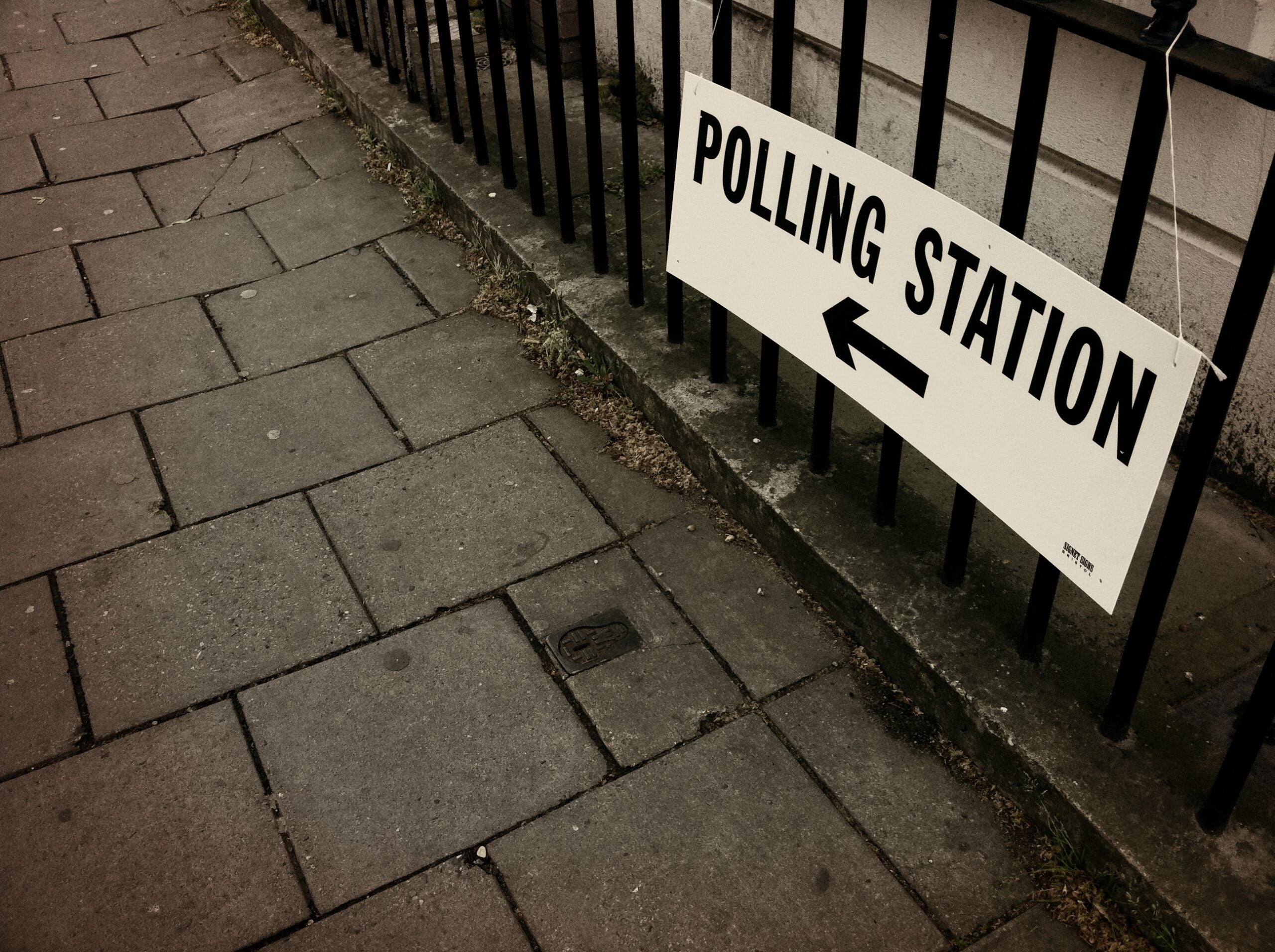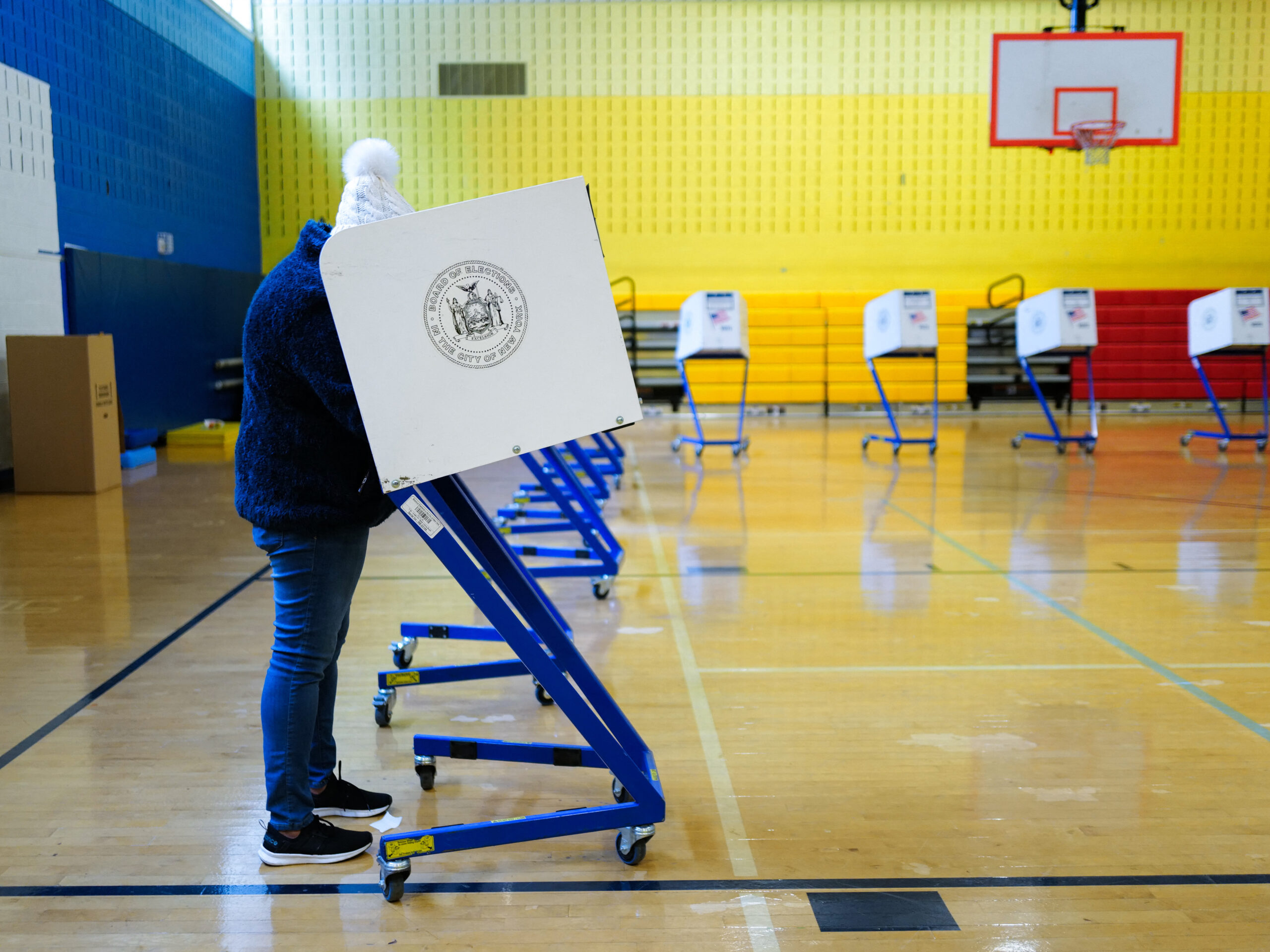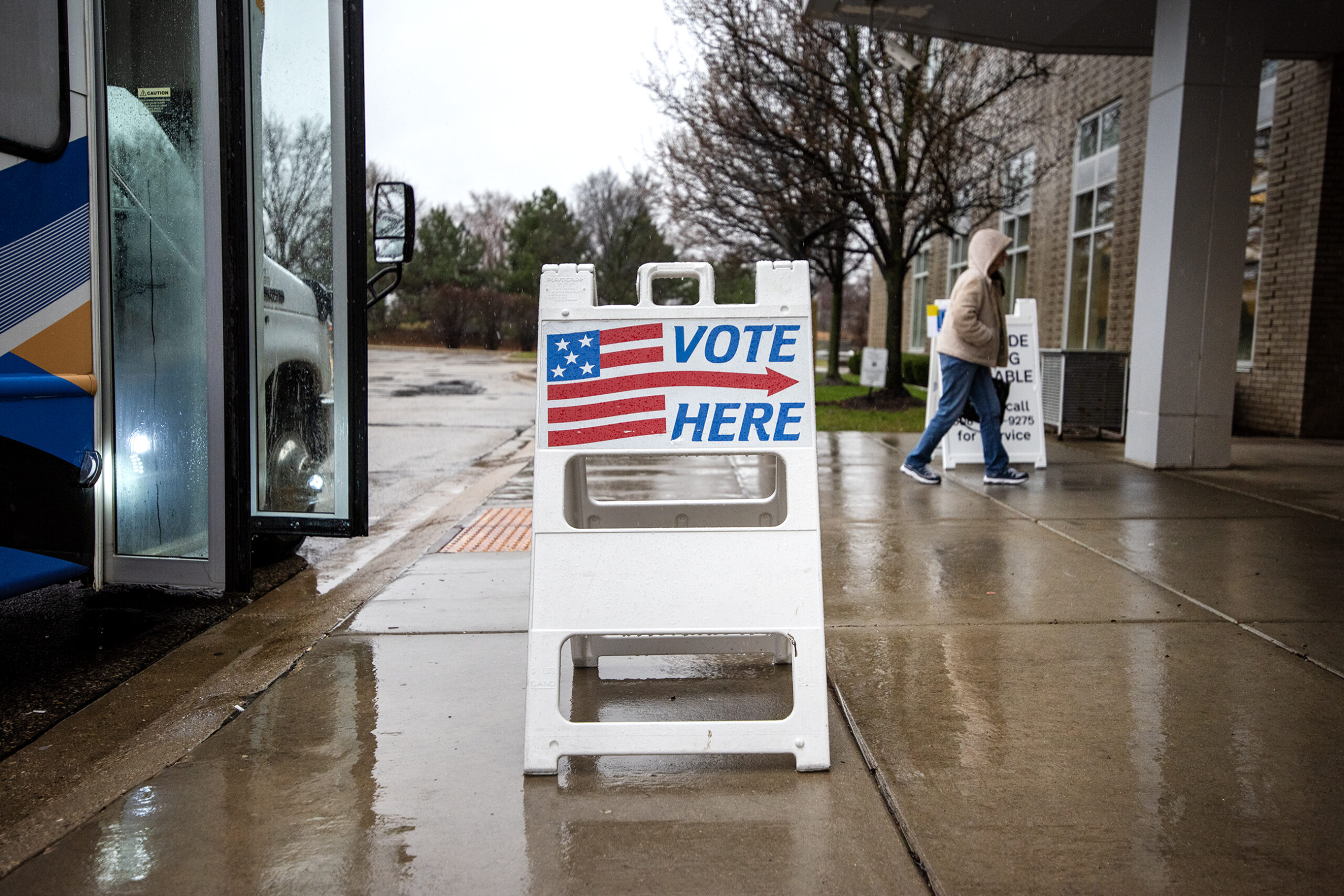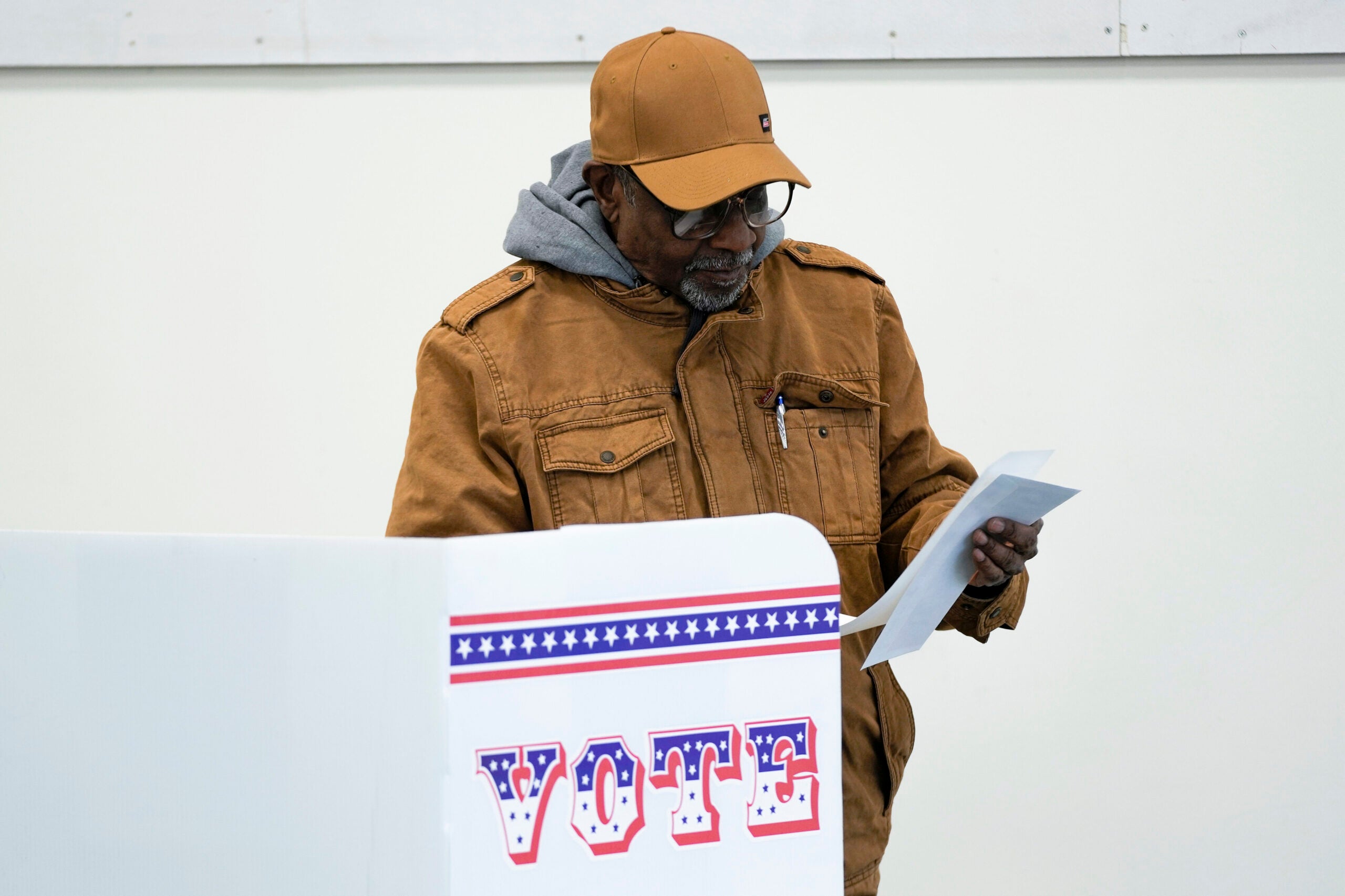It’s hard to imagine a more fundamental American value than democracy. For centuries, disenfranchised groups have fought for the right to vote and make their voices heard in the political process. To participate in democracy is to exercise one’s citizenship.
But could the country actually be better off if fewer people voted? If only those with a deep public policy knowledge were allowed to vote? What if democracy itself is the problem with our politics?
That’s the provocative argument of Georgetown University philosopher Jason Brennan, author of the new book “Against Democracy.”
Stay informed on the latest news
Sign up for WPR’s email newsletter.
Brennan told To The Best Of Our Knowledge executive producer Steve Paulson that most voters are shockingly ignorant of basic political issues and simply not competent to be entrusted with the right to vote.
So, is there a better way to govern? Brennan proposes several alternatives that would empower “the rule of the knowledgeable.”
Excerpts from the interview are below:
What’s wrong with democracy?
There are some systematic defects with democracy that it’s not clear we can eradicate. The average voter in the United States knows who the president is and pretty much nothing else. They can’t really identify who their Congress people are. They don’t know much about ideology. They don’t know the basic facts that might be relevant to the election. And non-voters — the people who stay home — know even less.
But weren’t previous laws to restrict voting, like the literacy tests, given to people of color racist and unfair?
Yes, that’’s absolutely right. In the past, when we were more racist and sexist, we used voting as a signal to people that we regard them as inferior. But if I think of the type of tests they were giving blacks in the South, my problem isn’t inherently that they’re giving people a test; they’re only giving it to some people and they’re letting other people vote who wouldn’t pass that test.
How would “the rule of the knowledgeable” work?
In an epistocracy, in one way or another, citizens can acquire more power by virtue of knowing more. One way of doing that is that if you pass a quiz, you can acquire a right to vote. Another system advocated by the Mexican philosopher Claudio Lopez-Guerra is the “enfranchisement lottery,” where before the election, you select about 20,000 citizens at random and only they acquire the right to vote but first they go through some very basic competence-building exercise. In another system, all laws are passed through democratic legislation, but you have bands of experts that have the legal authority to veto bad legislation in the same way that the Supreme Court can veto legislation.
What’s the evidence that an epistocracy would actually work?
We don’t really know if epistocracy would work better than democracy. But if in the late 1700s you said we should have democracy instead of monarchy, you didn’t have good support for that. You had some theoretical claims and mathematical arguments, but you only had two sort-of democracies: the U.S. and France. France was a disaster and the U.S. was not any better off than under monarchical rule. Only later, when you actually experiment with democracy, it becomes clear that it works better than the alternatives. Something like that is going on with epistocracy. We’ll never know for sure unless we experiment with it in the real world.





